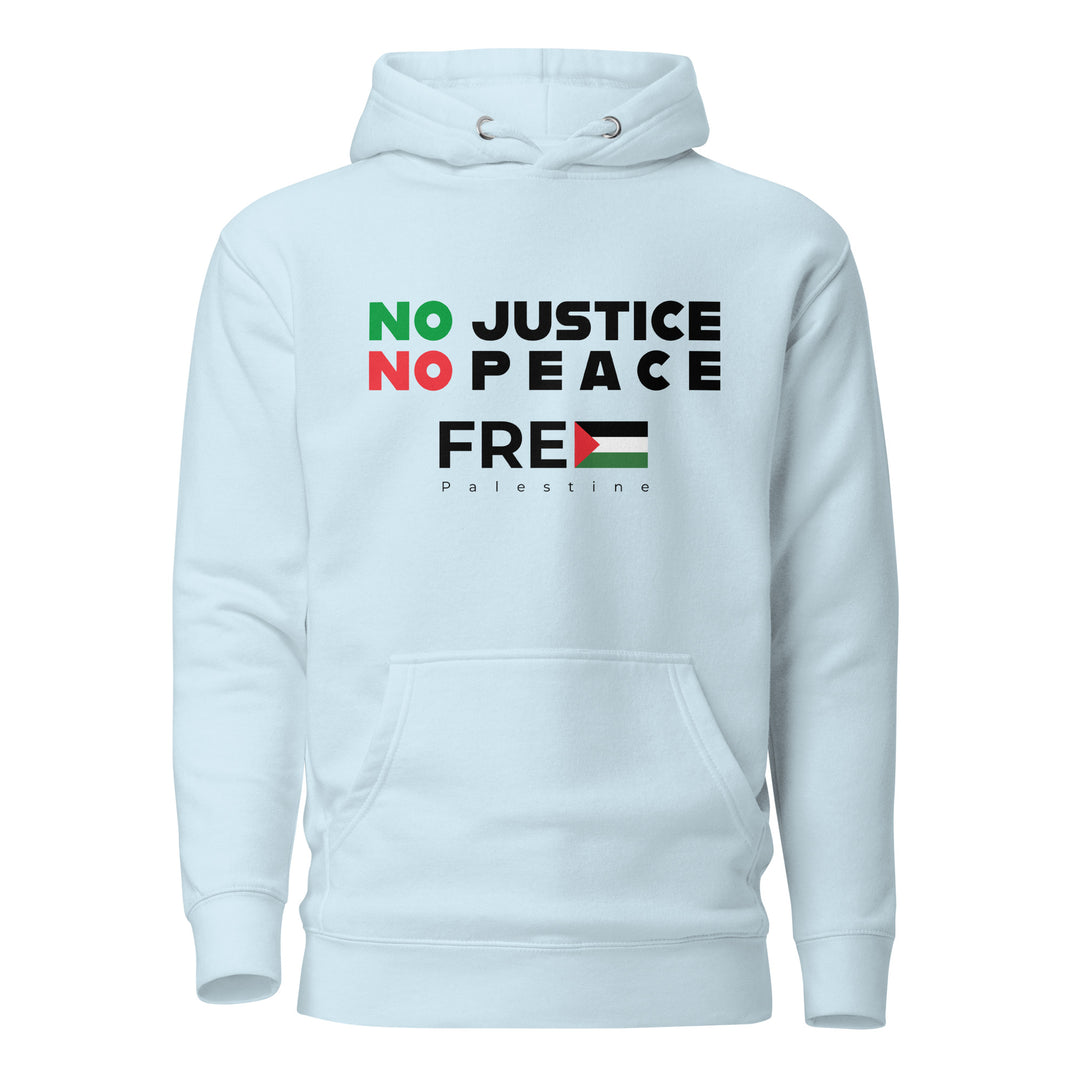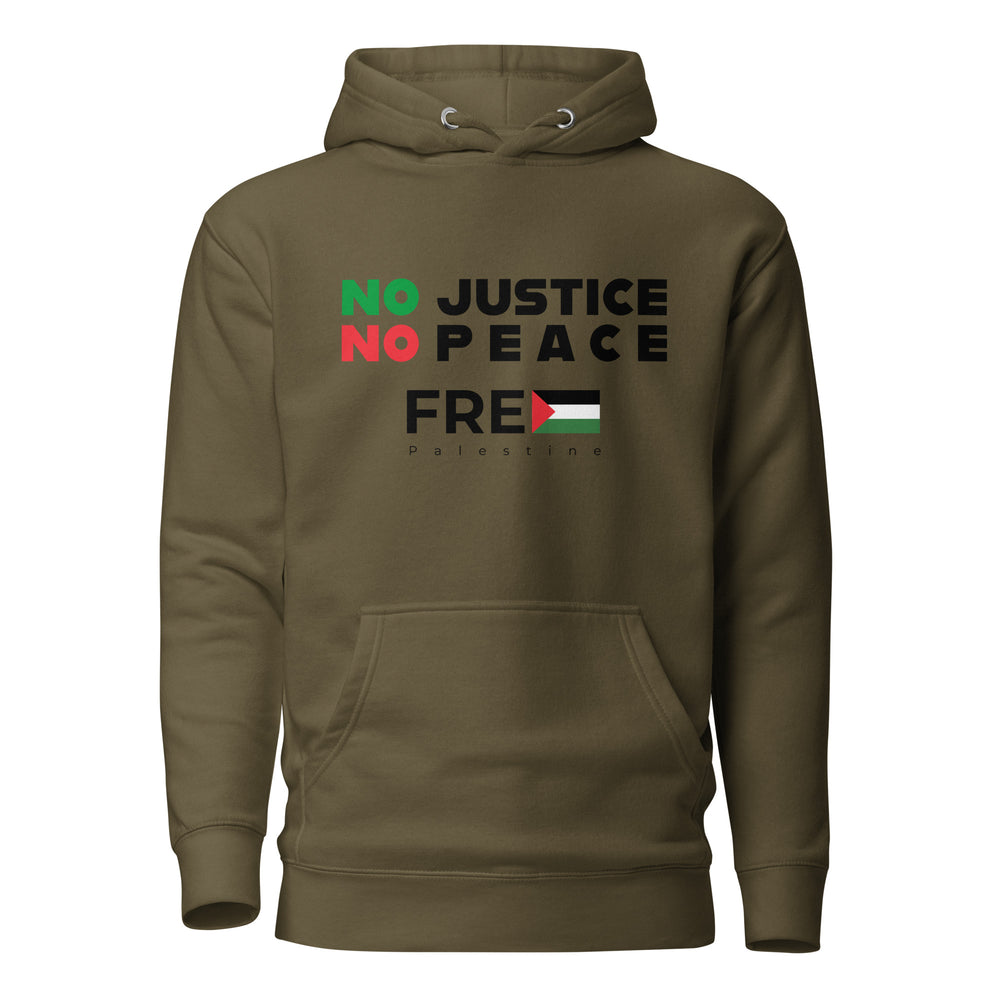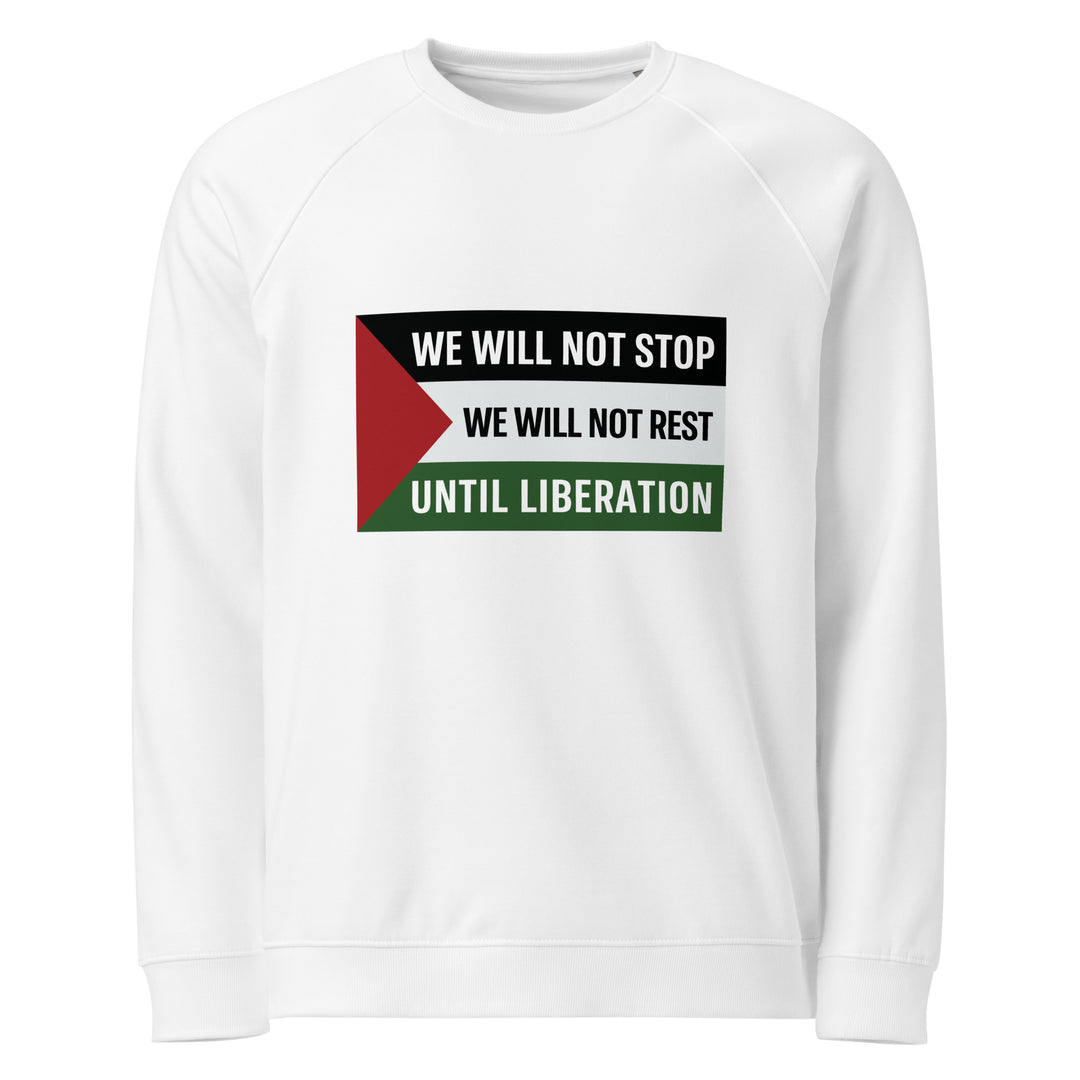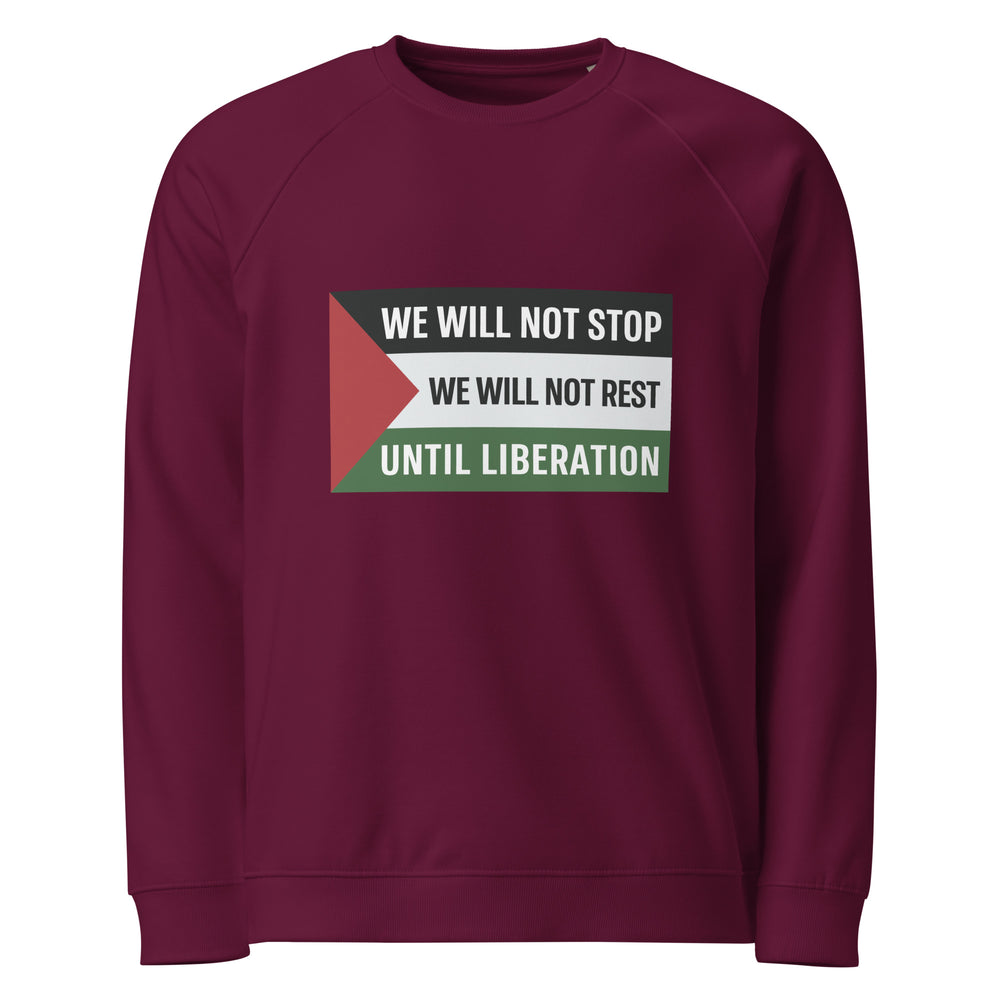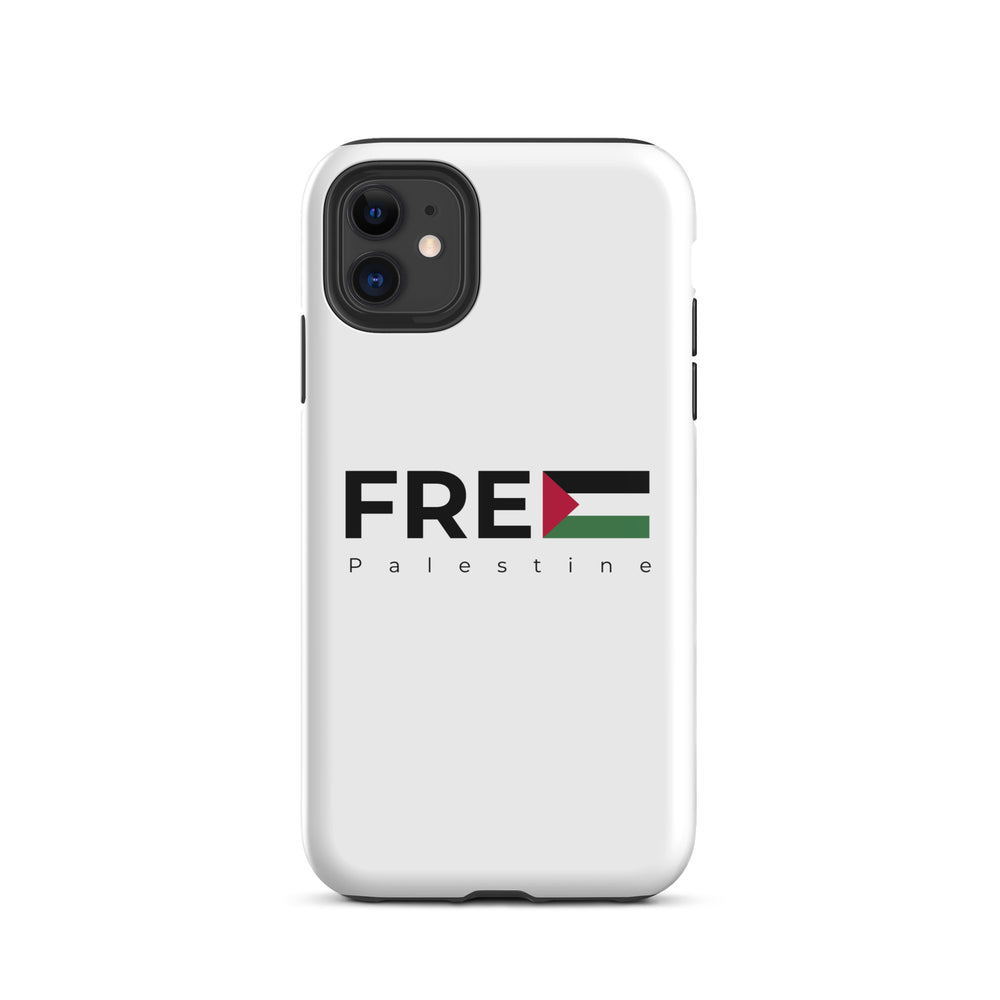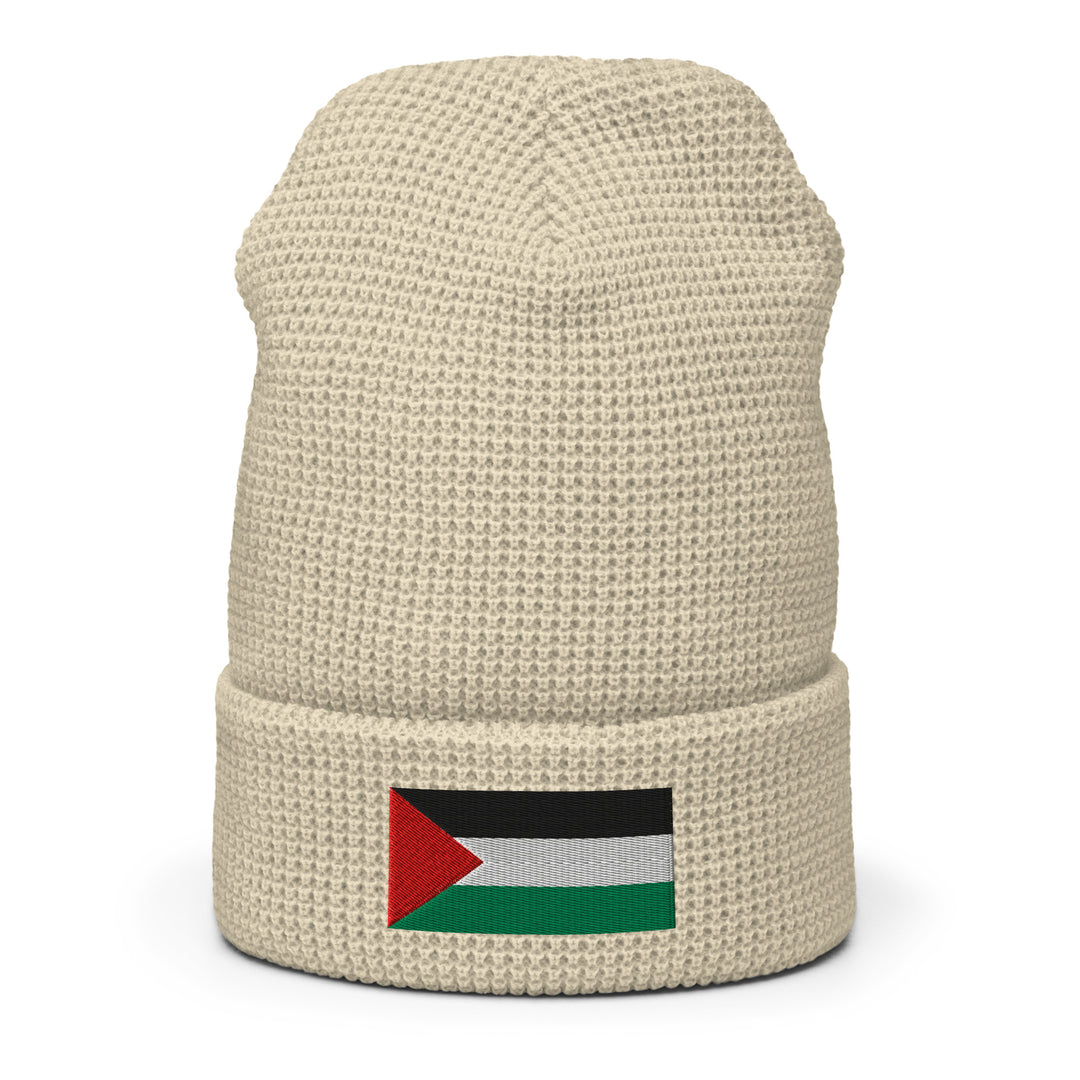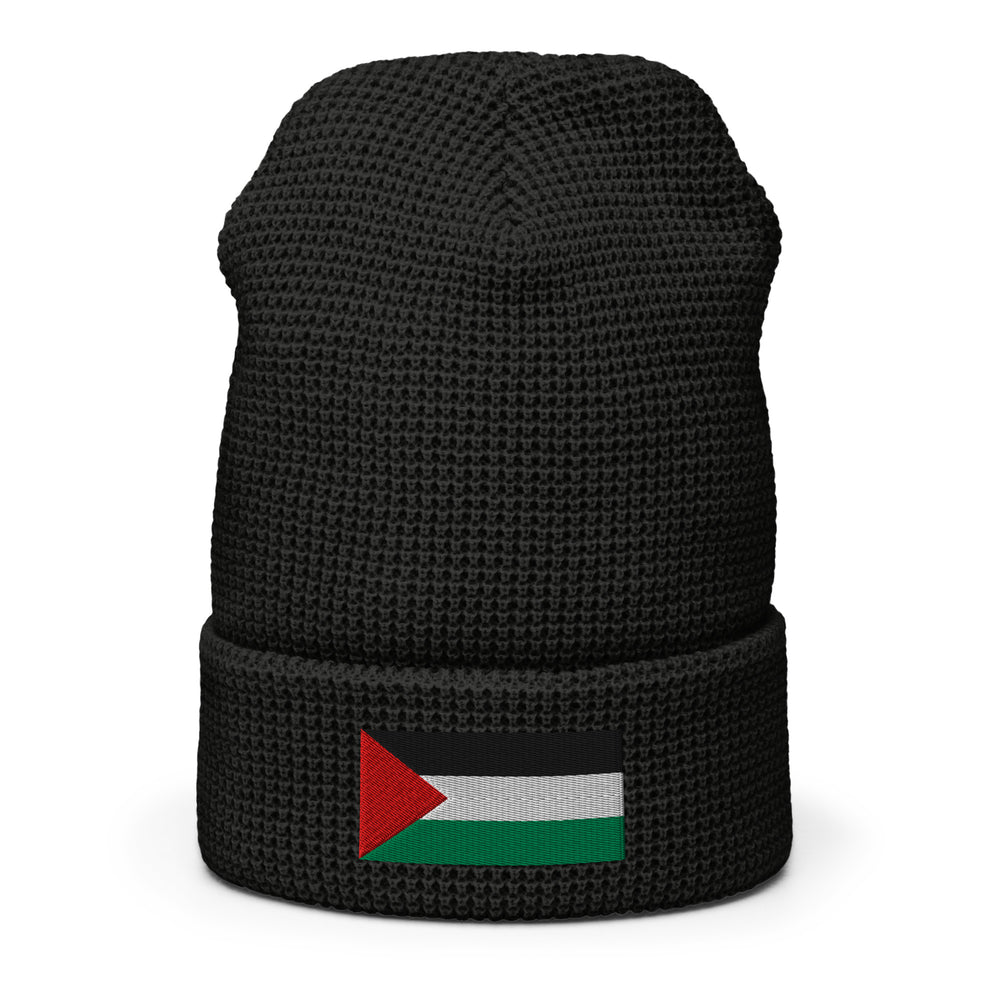The Palestine celebration in the world
In the heart of a bustling city, an extraordinary event was unfolding: a global celebration of Palestine. This annual festival, known as "Palestine Day," brought together people from all corners of the world to honor Palestinian culture, heritage, and resilience. The streets were adorned with Palestinian flags, and the air was filled with the melodious tunes of traditional Palestinian music.
At the festival's center, a large stage had been erected, where performers from Palestine and the diaspora showcased their talents. Dancers in colorful embroidered dresses performed the traditional dabke, their feet pounding the ground in a rhythmic expression of unity and joy. Musicians played the oud and darbuka, their soulful melodies resonating with the crowd.
Food stalls lined the streets, offering a feast of Palestinian cuisine. The rich aroma of freshly baked bread, spiced meats, and aromatic herbs filled the air. Attendees savored dishes like musakhan, maqluba, and knafeh, each bite a tribute to the rich culinary heritage of Palestine.
Artisans displayed their handmade crafts, from intricate olive wood carvings to vibrant ceramics and textiles. Each piece told a story of tradition and craftsmanship passed down through generations. Children gathered around a storyteller, listening in rapt attention to tales of ancient heroes and the rich history of their homeland.
The celebration was not just about culture; it was also a call for solidarity and justice. Activists set up booths to raise awareness about the Palestinian struggle, sharing stories of resilience and hope. Speeches from community leaders and international advocates emphasized the importance of unity in the fight for freedom and human rights.
As the sun set, the festival's atmosphere grew even more magical. Lanterns were lit, casting a warm glow over the gathering. A moment of silence was observed, honoring those who had lost their lives in the struggle for peace. This was followed by a candlelight vigil, with participants holding candles aloft, their flames flickering in the night as a symbol of hope and resilience.
In that moment, the celebration transcended its physical boundaries. It became a powerful reminder of the enduring spirit of the Palestinian people and their unwavering quest for peace and justice. The festival ended with a grand fireworks display, the night sky ablaze with colors that mirrored the Palestinian flag.
As people began to disperse, there was a palpable sense of connection and purpose. The celebration had not only highlighted the rich cultural heritage of Palestine but had also strengthened the bonds of global solidarity. It was a testament to the power of unity and the enduring hope for a brighter, more just future for Palestine and the world.




















